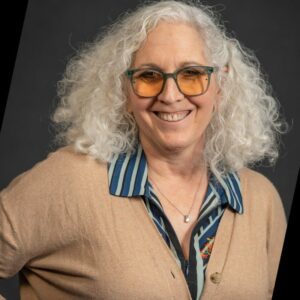I was at a meeting of college admission officers in Salt Lake City when I had a most engaging chat with Duke University’s Dean of Admissions Christoph Guttentag. He’s been inside the admissions world for so long he’s seen and read every type of essay.
He told me he would like students to just answer the questions, rather than write beautiful prose that sounds good but does not share much in a college admissions essay. He and I had been chatting about all the misinformation on the Internet, inside the schools and elsewhere about the essay when he shared this insight.
After I told him I was a journalist before starting this company with my business partner, Susan Knoppow, he shared that he has an ongoing disagreement with his wife (also a journalist) about the college essay.
His wife tells him college admissions essays should resemble gorgeous prose, but Guttentag is firm. This is not the place for gorgeous prose. In fact, he just wants the students to write the essays themselves – and show some reflection.
“Students are often so focused on writing beautiful pieces of prose that they fail to answer the question and do not write authentic, meaningful personal statements,” he said. “The hook gets in the way; the writing gets in the way.”
I like to talk to college admissions officers like Guttentag to get insight into the essay and its role inside the complex and competitive admissions field. Over the years, I have discovered that whether admissions officers work at large, small, public, private or Ivy schools, they want the same thing, no matter how they use them.
And what is that?
Admissions want reflective stories written by the student, in the voice of a 17-year-old student.
As many of you already know, colleges use essays to find out if a student is compatible with the educational environment on their campus. But it goes deeper than that. They want to know how a student thinks, what they’ve learned, how they’ve grown. Will they add value to the campus? Will they fit in? The essay provides college admissions officers with additional insight to help them make admissions decision.
Your job is to help your students write application essays that colleges will want to read to help them make an impression about you on their application readers and decision makers.
Here are some more college admissions essay tips to share with your students that are direct from college admissions offices throughout the U.S.
Heath Einstein, Dean of Admission, Texas Christian University

“Don’t get hung up on the right topic. Most 17-year-olds haven’t scaled Kilimanjaro, so don’t worry about finding an angle that hasn’t been tried before. Write about what you know. If the most meaningful experience to you has been serving as a camp counselor, it doesn’t matter that other students have addressed it. People will try to talk you out of certain ideas, but trust your gut. Ultimately, be yourself, and that will be good enough.”
Tamara Siler, Deputy Director of Admission, Access and Inclusion, Rice University
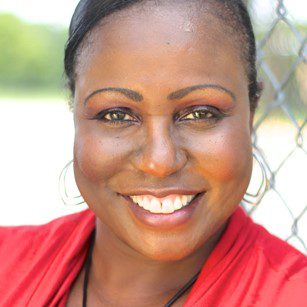
“Sometimes an essay can be the conduit for a student to reveal something to the admission committee that we would never have thought to ask. In terms of selective admission, personal statements are very important in adding needed texture to an application file. Quantitative factors such as transcripts and test scores only tell part of the story; a personal statement can provide context and truly show why a certain student is a better match than other clearly capable applicants.”
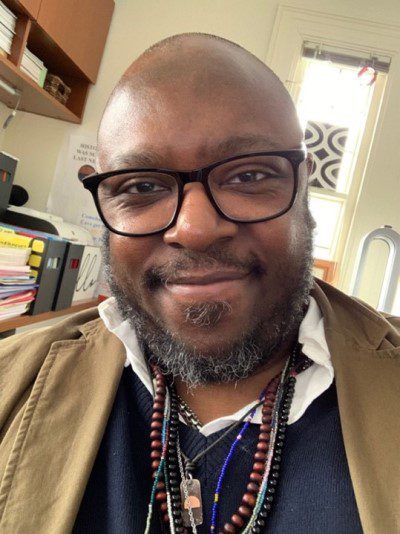
“What are we looking for? We are creating a class. We look at numbers, grades and test scores. But there’s more to it. We are trying to put a face with all of this information. Answer the question. Since so many students don’t do that, you could actually stand out by doing that very basic thing.”
Gregory Sneed, Vice President for Enrollment Management, Denison University

“Even after reviewing a mediocre transcript or seeing a limited activities list, I can be swayed to admit a student who writes an essay who really blows me away. The topic of the essay doesn’t need to be mind-blowing (in fact, the most mundane topics are often the most relatable and enjoyable), but if it reveals someone who would be highly valued in our campus community, that could tip the scales.”

“This is your interview. Let me know who you really are.”
Peter Osgood, Director of Admission, Harvey Mudd College

“Good writing is a product of good thinking. The college essay/ personal statement is more important than ever. It’s the student’s best opportunity to speak directly to the committee that’s making a decision about admission. It carries significant value in terms of the impression it communicates. The biggest mistake students make is to write really dry descriptive things and tell us what happened without being reflective.”
Christina Lopez, Dean of Enrollment Management, Barnard College
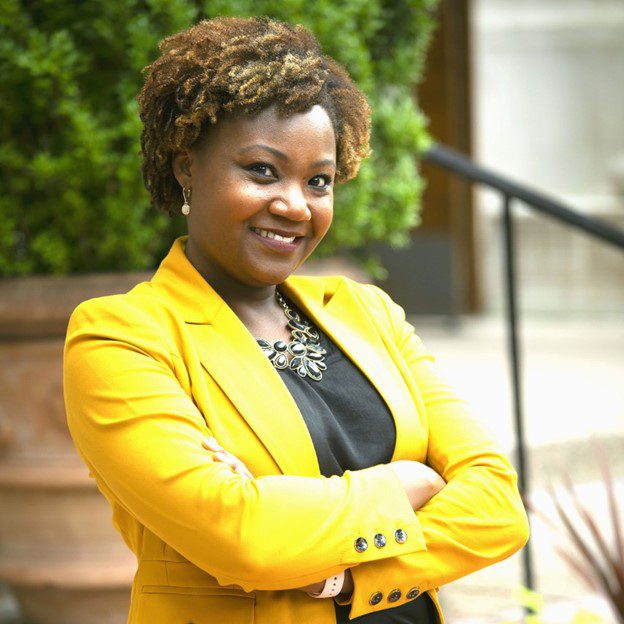
“Think Match.com. Student responses separate good from great. The more you can espouse why you are a match in the short answer question genuinely (without regurgitating our website to us because we wrote it!), the more you will stand out to us. It is a great place to let a college know if you are their first choice and why you love us. In the end all of us want to feel loved!!”
Lorenzo Gamboa, Director of Diversity, Inclusion and Outreach, Santa Clara University
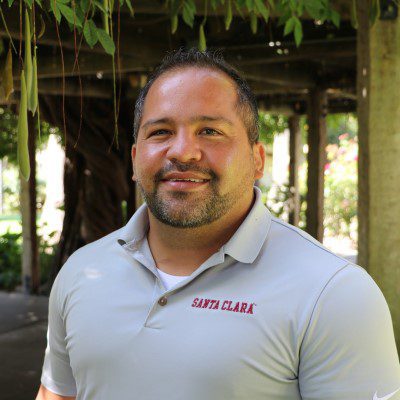
“Students don’t need to compile an entire season into an essay. Just give us one place, one time, one moment, and that will do it for you.”
If you want to some more college admissions essay tips, here’s a sample of our pre-work guide for preparing to write the Why College X essay.
The big question: What can you do with all the information you read, see, hear about essays? How can you apply the information we’ve culled from admissions officers to your practice in order to better help your students write the most effective essays possible? We can help you improve your process through our signature professional training program, the College Essay Experience.

